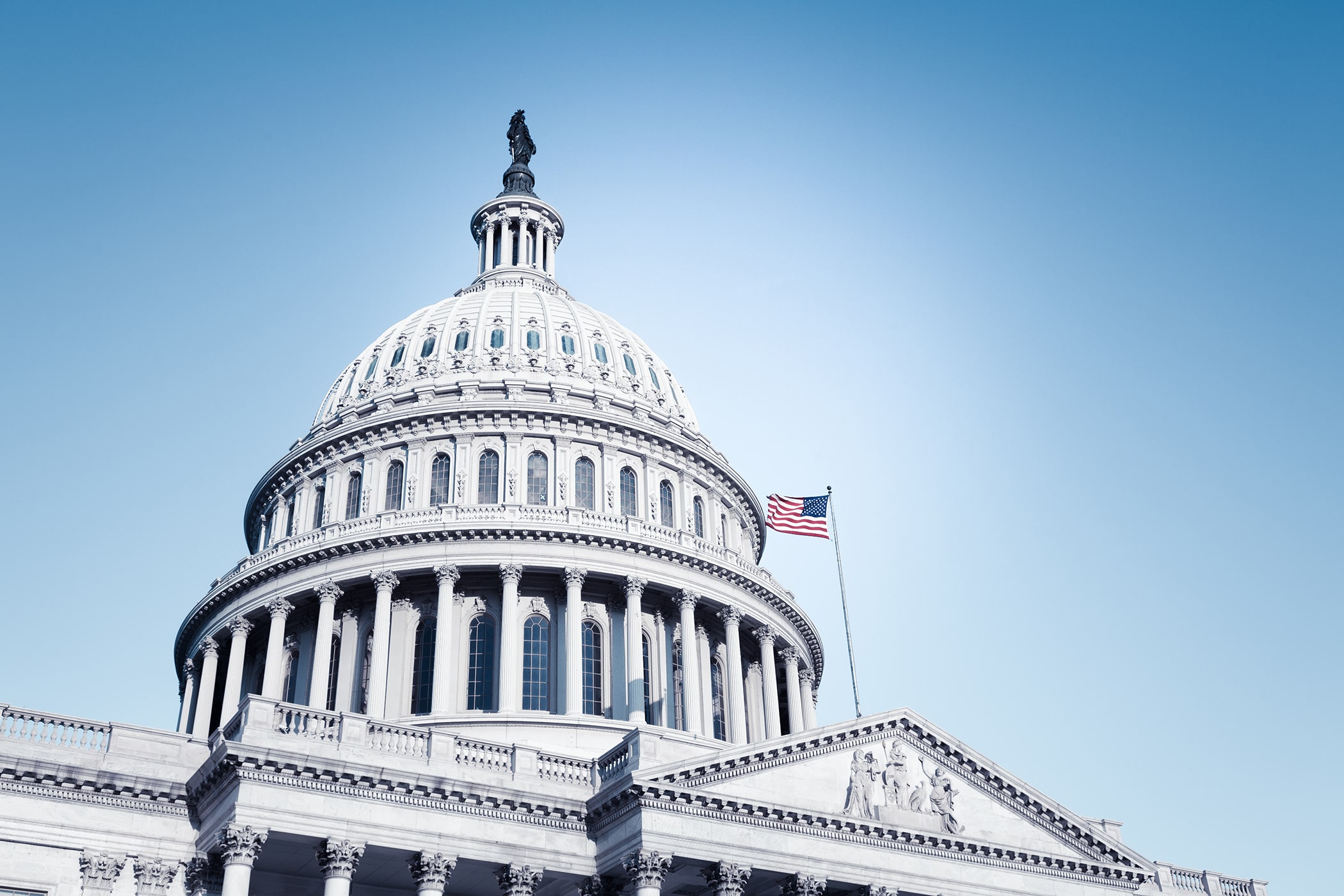
Allen Steinberg : Perspectives
Employee benefit plans—especially retirement and health care—have become an increasingly important part of the employment relationship. For employers, these plans represent an important part of the total compensation package, a tool for retention and recruitment, and a growing financial and compliance burden. For employees, these plans represent a key part of their overall financial security and wellbeing, a financial burden, and a source of complexity and frustration. In effect, it’s complicated. Our firm is dedicated to helping employers manage these complexities and focus on the important things.
Contact Allen Steinberg05.06.2025 10.08 CDT
Expanded Self-Correction Options: A New Era of Flexibility

Congress and regulators ease plan corrections. This is welcome relief.
29.04.2025 09.40 CDT
Tide of ERISA Litigation to Continue

A new Supreme Court ruling may further open the door to ERISA fiduciary claims.
28.01.2025 01.57 CST
Spence v. American Airlines: Expanding the Playing Field for Fiduciary Liability?

A new ruling of fiduciary liability could cause fiduciaries to further examine firewalls between corporate policy and retirement plan management.
06.01.2025 12.00 CST
10.09.2024 01.44 CDT
New Front on Fiduciary Litigation?

Two cases reach opposite conclusions on whether employers must use forfeitures to play plan expenses—and are (effectively) precluded from using them to reduce employer contributions.
